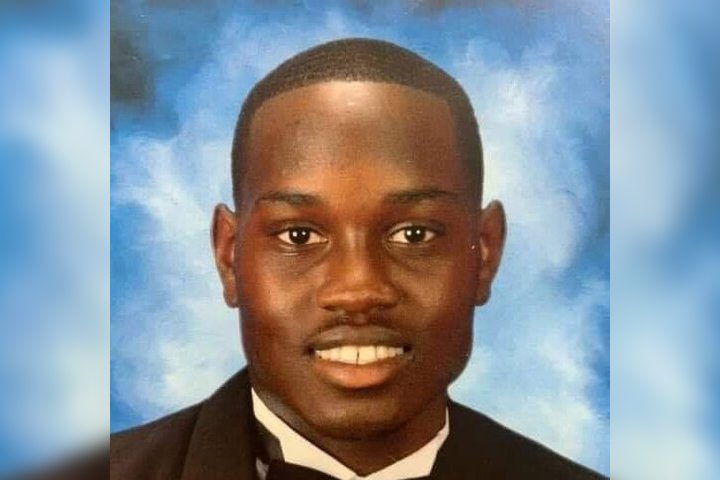[ad_1]

He was at a crossroads, his life stretching out before him, his troubles largely behind him. He had enrolled at South Georgia Technical College, preparing to become an electrician, just like his uncles. But first, he decided, he would take a break. College could wait until the fall.
To help keep his head clear, he ran, just about every day. Off he’d go, out of the doors of his mother’s house, down the long street toward Fancy Bluff Road. Then would come the right turn onto the two-lane road lined by oak trees draped with Spanish moss.
About a mile and a half into his usual route, Ahmaud Arbery would cross the four lanes of Jekyll Island Causeway into the subdivision of Satilla Shores.
Three months ago, at the age of 25, he ran through Satilla Shores for the final time.
On Feb. 23, Arbery was shot to death by a father and son who told police they grabbed guns and pursued him in a pickup truck because they believed he was responsible for break-ins in their neighborhood — a black man, killed by two white men.
A makeshift memorial of flowers now rests on the lawn of a house near where he died, along with a plaque reading, “It’s hard to forget someone who gave us so much to remember.”
Before Arbery’s name joined a litany of hashtags bearing young black men’s names, he was a skinny kid whose dreams of an NFL career didn’t pan out. Those who knew him speak of a seemingly bottomless reservoir of kindness he used to encourage others, of an easy smile and infectious laughter that could lighten just about any situation.
They also acknowledge the legal troubles that cropped up after high school — five years of probation for carrying a gun onto the high school campus in 2013, a year after graduation, and shoplifting from a Walmart store in 2017, a charge that extended that probation up until the time of his death.
In his final months on Earth, Arbery appeared to be someone who felt on the verge of personal and professional breakthroughs, especially because his probation could have ended this year, many of those close to him told The Associated Press.
His mother, Wanda Cooper-Jones, accepted that he was a young adult living at home, like so many of his contemporaries, taking a breather to chart how he’d one day support himself.
She had one rule: “If you have the energy to run the roads, you need to be on the job.”
So he worked at his father’s car wash and landscaping business, and previously had held a job at McDonald’s.
[ad_2]
Source link
Dear readers, we really need your support to keep on serving you with authoritative, truthful, and juicy stories everyday. For your support, please reach out to the editor @gavelinternational66@gmail.com

